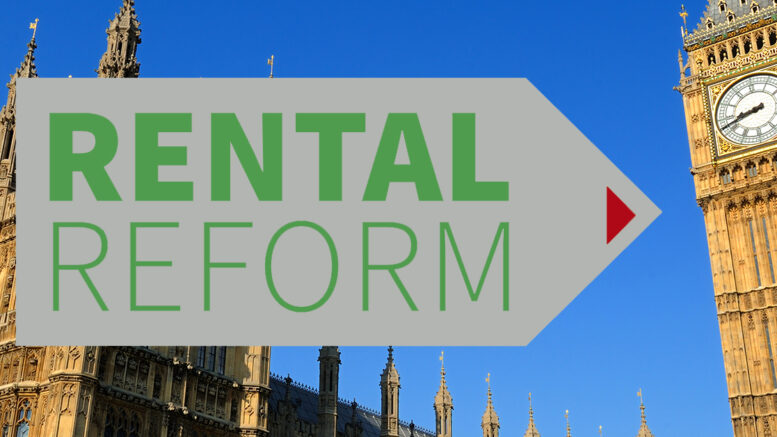A proposed law in the upcoming Renters’ Rights Bill could make it illegal for landlords to request or accept more than a month’s rent in advance. The government’s plan, intended to address affordability for tenants, has been welcomed by housing campaigners but strongly opposed by landlords and agents.
The Renters’ Reform Coalition has long criticised what it calls “extortionate” upfront costs, arguing that such practices unfairly discriminate against lower-income renters. “For too long, extortionate rent-in-advance demands have allowed landlords to discriminate against poorer renters,” said Tom Darling, director of the coalition. “It’s great the government have acted on this and listened to renter groups by setting out clearly that this practice will be prohibited.”
However, landlords have raised concerns that the new restrictions could create risks for them while limiting tenant options.
Landlords warn of unintended consequences
Chris Norris, policy director for the National Residential Landlords Association (NRLA), voiced strong opposition to the proposal, emphasising the risks for landlords renting to tenants with less traditional financial profiles. “Restricting rent in advance, combined with freezing housing benefit rates and not enough rental housing to meet demand, is creating significant barriers for those with poor or no credit histories needing to access the sector,” he explained.
“This includes international students and those employed on a short-term or variable basis with an income that fluctuates. The government is cutting off any assurance responsible landlords might seek when renting to those who cannot easily prove their ability to sustain tenancies and pay their rents,” Norris added.
Timothy Douglas, head of policy and campaigns at Propertymark, echoed these concerns: “Whilst the UK government want to transform the experience of private renting, by banning the taking of rent in advance, they are potentially reducing options for tenants to access private rented property. The UK government must do more to understand why rent in advance is used by both landlords and tenants and avoid one-size-fits-all policies that mean some tenants may no longer be able to access private rented property.”
Data highlights diverse tenant needs
Statistics from The Lettings Hub show that only 7% of tenancies involve an upfront payment of more than four months’ rent, and this figure has remained consistent for three years. However, for some groups—such as overseas students who lack a UK guarantor or self-employed tenants with fluctuating incomes—advance payments can be a lifeline to secure a property.
Heidi Shackell, CEO of The Lettings Hub, commented: “The government must not underestimate the potential impact to tenants if rent in advance is banned. As can be seen in the data, the majority of tenants do not use this option, but for those who do, it could be the difference between securing a home or being excluded from the private rental sector altogether.”
The Lettings Hub’s data reveals that 15% of tenants paying £5,000 or more per month rely on advance payments, compared to just 6% of tenants paying £1,000 or less. Shackell urged MPs to carefully consider the implications of an outright ban, warning that “while it is important to prevent any exploitative practices, an all-out ban could lead to people who rely on this option being prevented from renting a home.”
A call for balance and flexibility
The Renters’ Rights Bill is set to return to the House of Commons for its Report Stage and Third Reading on 14th January, before progressing to the House of Lords. Landlords and advocates, including The Lettings Hub, are urging policymakers to refine the proposal to avoid unintended consequences.
As the debate unfolds, questions remain: Can the government strike the right balance between protecting tenants from exploitative practices while preserving options for those who need flexibility? For landlords, the stakes are high. A blanket ban could reduce their ability to manage risks effectively, particularly in an already constrained rental market.
The outcome of this legislation could reshape the landscape for landlords and tenants alike. Whether this reform becomes a hurdle or an opportunity may depend on how carefully the finer details are crafted in the weeks to come.







